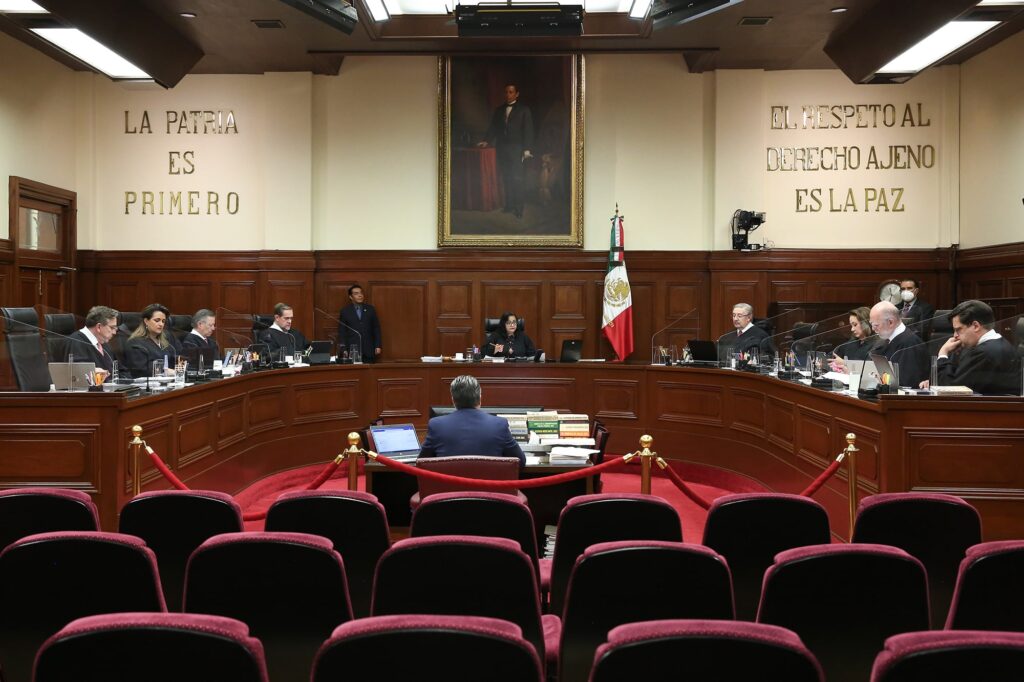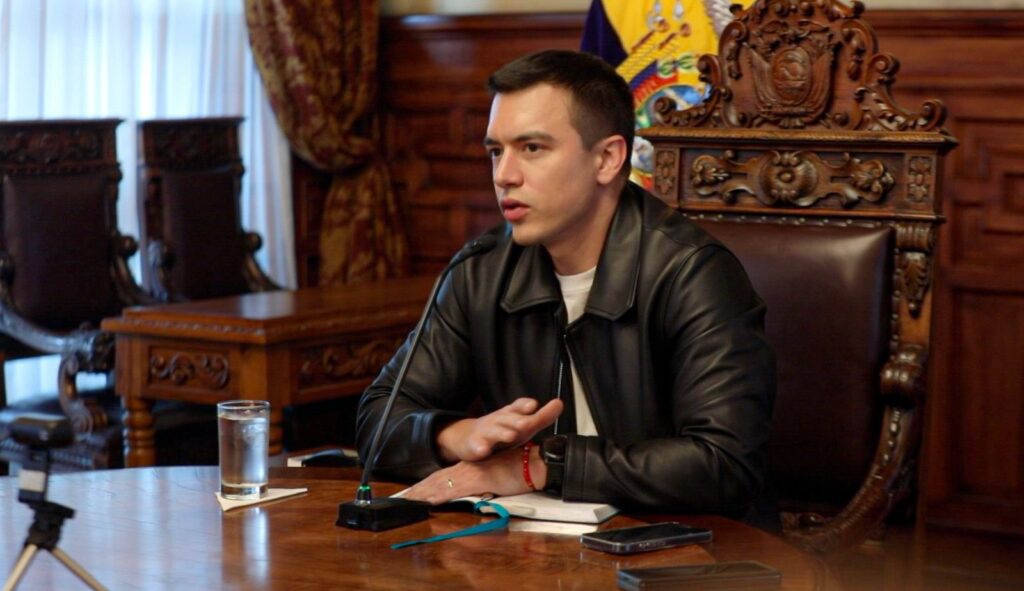A teenager in the state of Oaxaca was denied the right to an abortion after being a victim of rape.
Although Mexico has some of the strictest approaches to abortion across the continent, aside from in Mexico City, denying access to an abortion for a rape victim goes against common practice in the country.
According to Animal Politico, the minor was admitted to the Red Cross in Culiacan at the end of November before being referred to Hospital de la Mujer de Culiacan. She had entered, with her brothers, claiming sharp pains in her stomach before being informed by hospital staff that she was, in fact, 16 weeks pregnant.
Having explained to the nursing staff that she had been a victim of rape, and requesting the ‘Legal Interruption of Pregnancy (ILE)’ the act was then denied by staff. According to the motion, the right to an abortion in the case of rape is, however, allowed without the requirement of filing a rape claim.
It is in fact only in the district of México City that an abortion is legal. The legalisation of aborting a fetus up to twelve weeks is a right that has been allowed in CDMX for eleven years, whereas it is an illegal procedure in the rest of the country to varying degrees (occasionally matters of rape or life endangerment qualify). Last year there were thirteen public abortion clinics in the capital who were providing free abortions, after which the majority of patients are sent home with contraceptive methods such as an IUD, reported El Pais. Between the public and private clinics who provide the service, over 130,000 abortions have already happened since the law was passed.
According to The Guardian, since México City legalised abortion up to 12 weeks, 16 states out of the 31 within México have reinforced laws that sternly prohibit abortion from the point of conception. On top of this, some choose to enforce some of the strictest punishments for an abortion, which means that even women who have experienced a miscarriage could potentially face prosecution or even a term in jail.
The aim of tightening of laws has been to prevent any chance of future changes and has meant that in some areas even the use of contraception such as IUD’s has been put in jeopardy. As a result of a tightening on policies particularly in more rural areas, doctors are also left ethically torn when suspecting that an abortion is self-induced and whether the patient should be reported to authorities.
According to local reports, the hospital in question affirmed its stance in denying the abortion and joins alongside many that have seen a further tightening of regulation in recent months. “That hospital did not apply NOM 046, nor human rights, nor international treaties, only the recent amendment to the Constitution of the State of Sinaloa to protect life from the moment of conception,” a lawyer recently explained.
Lawyers continued to argue the case of the Sinaloan minor to local authorities, however were met with claims that they had found an adoptive family and the pregnancy should go ahead. The activists were unable to locate any doctor in the area that was not a conscientious objector to the practice.
Since the news broke, the minor has since been moved to Mexico City where an abortion can be carried out. It takes over 15 hours to drive across the country and to the capital.











